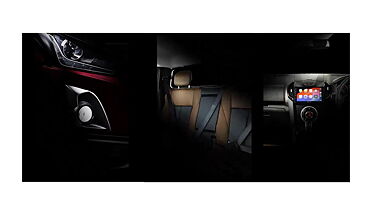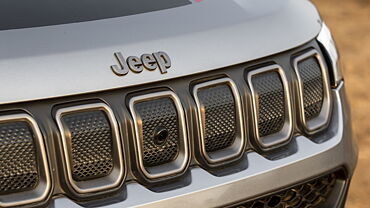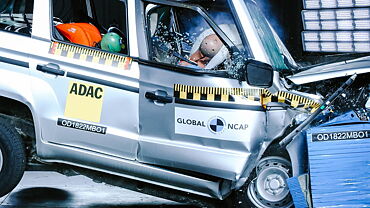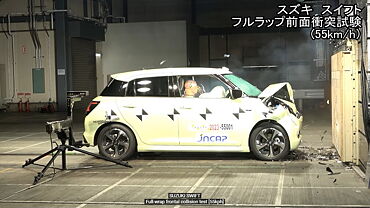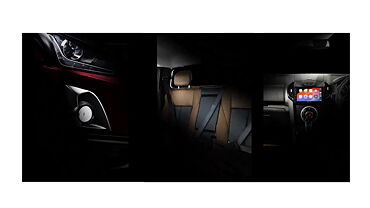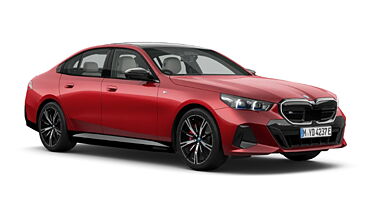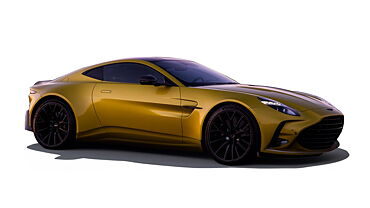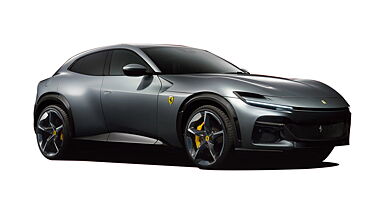For a long time now, experts in the Indian automobile industry have been trying to analyse what went wrong in 2013 and what could make it right. While the answer to the first question is readily available, it is finding a solution to the second one that is becoming a problem. 2014 is just around the corner and many car makers are expecting a change in fortunes as pages of the calendar turn. However, something that will remain etched firmly in minds of auto makers is the kind of rigorous time they have gone through in 2013. One of the worst periods for Indian car market, this year will always be remembered for fall in sales, slow demand, recalls and losses. In addition, the hike on utility vehicles by the government along with economic crisis haunting car makers consistently would be things firms would never want to face again.
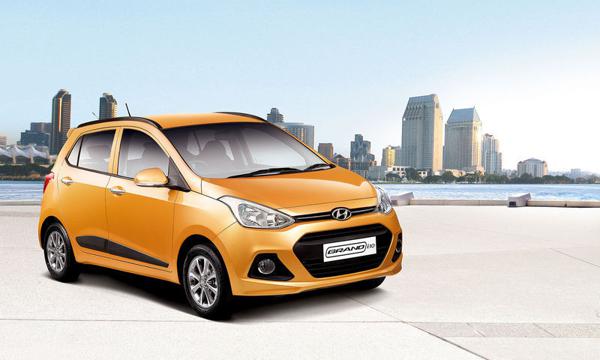
Throughout 2013, which is in its last month at present, companies have fought a battle with economic adversities and lost pretty badly. This year was a great reflection of the kind of resilience that is possessed by companies operating in India. In a relentless effort to attract customers, firms have tried there hands at everything from offering discounts to launching new models. While some entities did benefit from such strategies, results were disappointing for most. Models like Ford EcoSport, Honda Amaze and Hyundai Grand i10 have proved to be silver linings in the big and gloomy dark clouds that have been hanging over the Indian car market for a long time now.
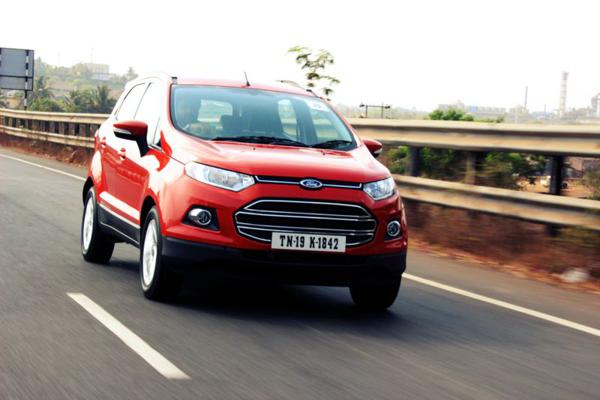
The problems were not just limited to things like sales and profits as 2013 was highly controversial as well. No other year in the past has seen as many recall incidents like this one. Car makers like Ford, Honda and Maruti recalled models for rectification of possible defects. However, reputation of the industry was severely damaged when General Motors, the American giant, conducted a recall of around 1.4 lakh units of Chevrolet Tavera. This was not a simple incident as firm, on its own, wrote a letter to the concerned ministry and confessed to violation of emission and testing norms. The situation was highly embarrassing for all authorities involved. While General Motors was accused of being unethical and dishonest, questions were also raised about testing standards that prevail in the country. The controversies did not end at this point as companies like Bajaj Auto, Hero MotoCorp and Mahindra & Mahindra faced labour unrest in production facilities.

Bare facts alone are enough to substantiate these claims and it would not take an expert to summarise the disappointment companies have gone through in 2013. For nine months straight, sales of cars fell in the Indian market. Months of September and August brought some hopes but the same were squashed by reports of October and November. To put things into perspective, sales of cars fell by 10. 32 per cent during January-November time frame as 1674450 units were sold as compared to 1867176 cars in the same period in 2012.
Vishnu Mathur, Director General at Society of Indian Automobile Manufacturers (SIAM), summed up 2013 in pretty simple words, in an interview to PTI. "The year was marked by disappointing performance for the industry...the industry saw one of the most prolonged and deep slowdowns," he said. Speaking on the same, Joginder Singh, President and Managing Director of Ford India, said although things have not been good, "our belief in the long-term growth opportunity in India remains unchanged".



